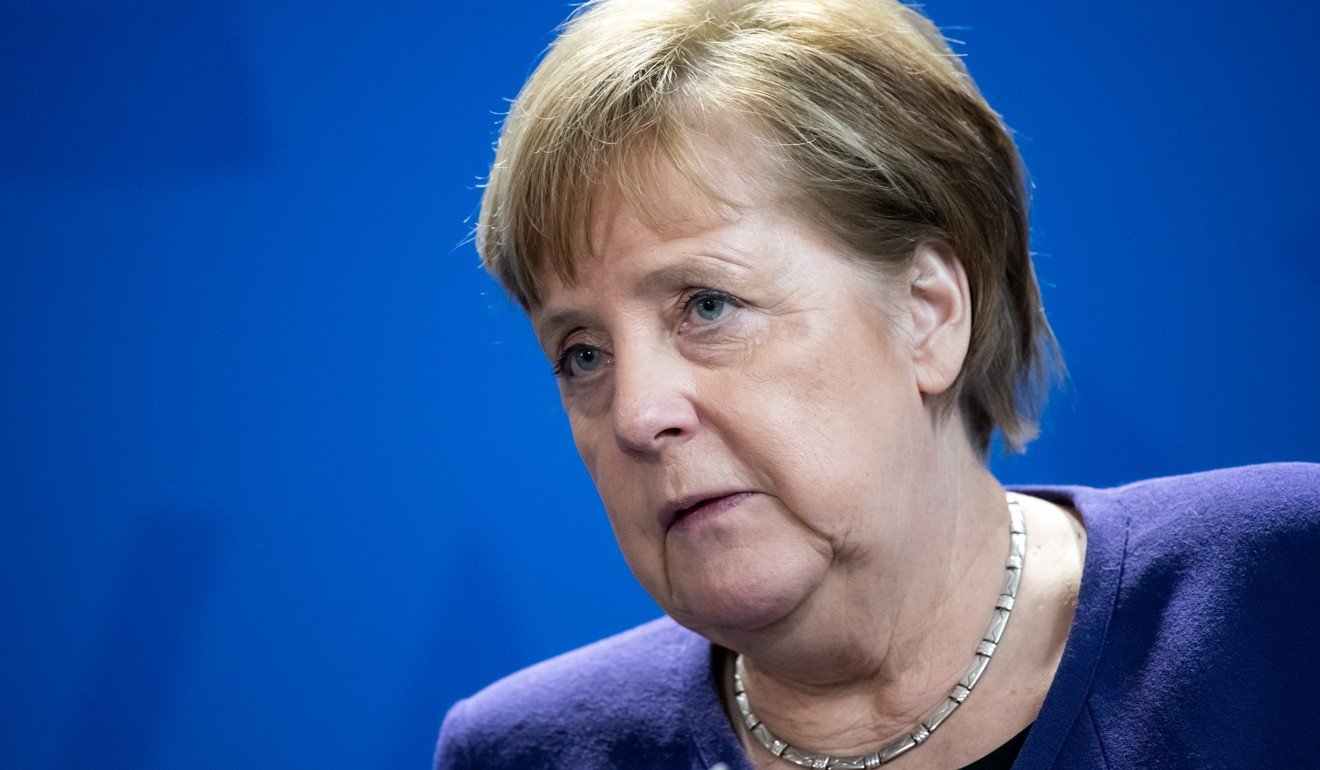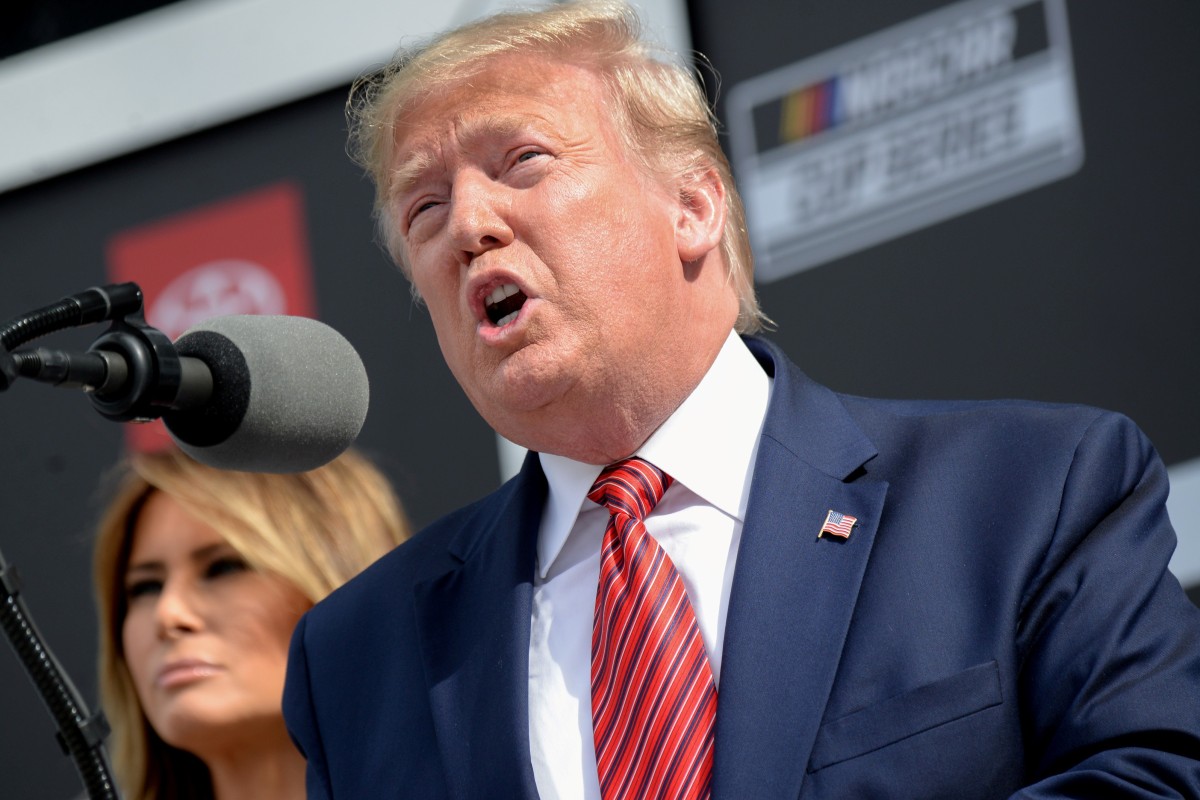- Washington puts pressure on Berlin to ban Chinese telecoms company from its network days after accusing Huawei of intellectual property theft
- German Chancellor Angela Merkel is cautious on 5G policy, but Britain has agreed to open non-sensitive parts of its network to Huawei
The US ambassador to Germany told Berlin that President Donald Trump was determined that Huawei would be kept out of allies’ 5G networks. Photo: Reuters
President Donald Trump warned Germany that the United States will cut off intelligence sharing if Berlin does not ban Chinese telecoms company
from its 5G infrastructure.
The warning, announced by the US ambassador to Germany Richard Grenell, heightened tensions in US-German relations over Chancellor Angela Merkel’s ambivalence to a company that Washington described as a “Trojan horse” for Chinese intelligence services.
On Thursday, the US justice department accused Huawei of intellectual property theft. Its executive director,
, is facing an extradition trial in Canada which could result in her being sent to the US to answer criminal charges that include illegal dealings with Iran.
Trump “just called me from [Air Force One] and instructed me to make clear that any nation who chooses to use an untrustworthy 5G vendor will jeopardise our ability to share intelligence and information at the highest level,” Grenell wrote on Twitter on Sunday.
UK allows Huawei to help build its 5G network despite US warnings of national security threat
Similar pressure on the UK, however, did not stop the government from last month allowing Huawei a maximum of 35 per cent share in the non-sensitive parts of its 5G infrastructure, while US Secretary of State Mike Pompeo ruled out any changes to intelligence sharing between Washington and London.
The US president’s threat came as Germany considered how to proceed with its 5G plans. Merkel faces resistance from cabinet members on a proposal to let telecoms companies choose their 5G suppliers.
On Saturday, US Secretary for Defence Mark Esper asked European allies not to use Huawei, because such a move posed a threat to the future of the
.
European states, while sceptical of US pressure, value the role of Nato after a 70-year period of Cold War with the Soviet Union and turbulent relations with Russia.
The Chinese government has asked the European Union to give Huawei a level playing field. The company, which has repeatedly denied any US allegations, said that its technology was years ahead of major competitors such as Ericsson and Nokia. It also promised to abide by European rules.
For Huawei, the German market, the biggest in the EU, is hugely important.

German Chancellor Angela Merkel, her 5G plans under pressure at home, is now hearing from Washington. Photo: DPA
Merkel has moved cautiously with 5G policy, fearing that any open rejection of Huawei would upset Beijing and lead to economic retaliation against companies such as Siemens and Volkswagen, which have extensive business interests in China.
Under Merkel’s initial plan, German operators such as Deutsche Telekom would have the final say on which 5G suppliers they want to be their partners. The plan would have allowed the US government to put direct pressure on Deutsche Telekom, for instance, as it also runs T Mobile US, the country’s third largest wireless carrier.

